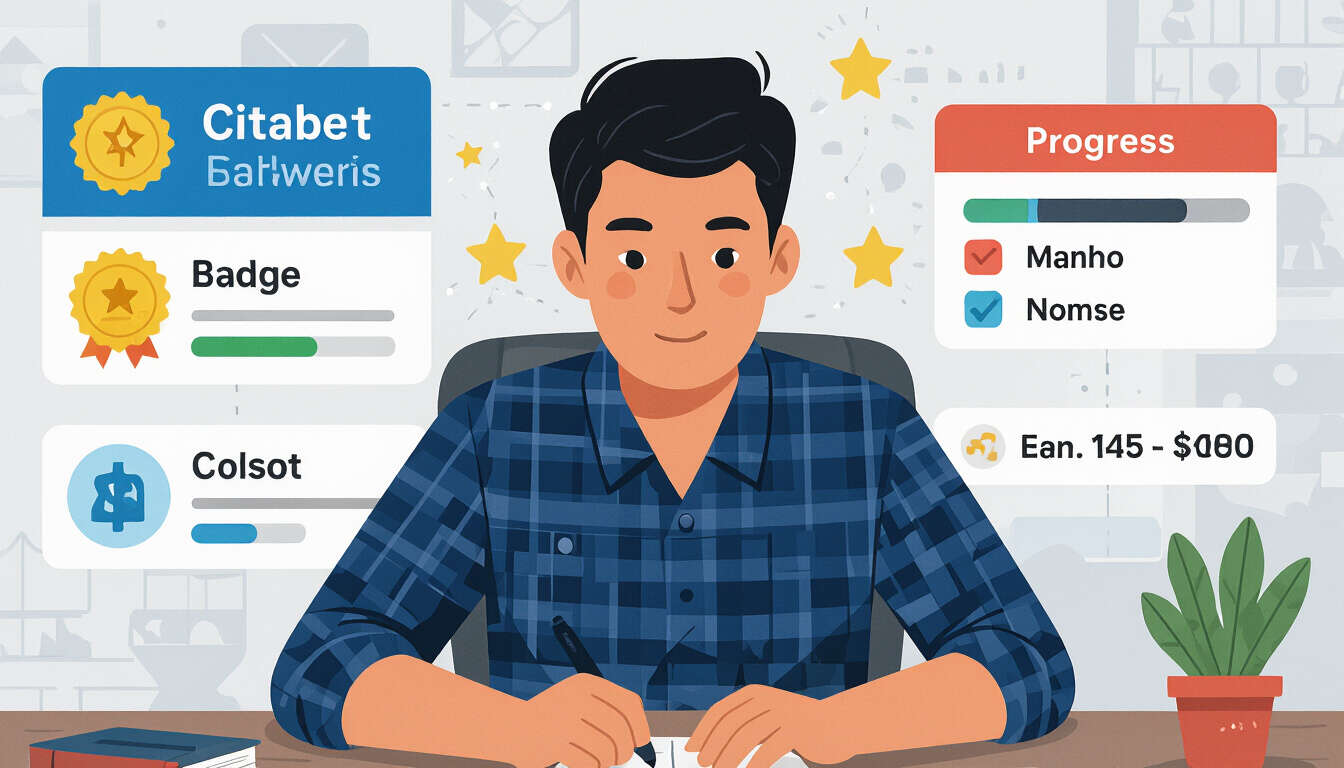Boosting Productivity with Gamification of Tasks
 by Verner Mayer
by Verner Mayer
Discover how turning everyday tasks into engaging games can enhance focus and efficiency. Based on research, this approach offers practical strategies for professionals and students to achieve better results through fun and motivation.

Gamification transforms ordinary tasks into interactive challenges, making work feel less like a chore. By incorporating elements such as points and levels, individuals can maintain higher levels of engagement. For instance, gamification has shown promise in boosting motivation according to studies from psychology.
One key benefit is improved focus. Research from cognitive science indicates that adding rewards to tasks can enhance concentration. In a study published in a leading journal, participants who used gamified methods completed assignments faster than those who did not. This method works by triggering the brain's reward system, leading to sustained effort.
For busy professionals, applying productivity techniques through gamification can mean breaking down projects into smaller, achievable goals. Imagine tracking daily objectives with a progress bar, similar to a video game. Students can also benefit by turning study sessions into quests, where completing chapters earns virtual badges.
To implement this effectively, start with simple tools. Apps that allow users to set up daily challenges provide an easy entry point. For example, create a system where finishing emails grants points, which accumulate towards a larger reward. Evidence from behavioral studies suggests that such systems lead to consistent performance improvements.
Consider a professional scenario: A marketer might divide campaign tasks into levels, with each level offering increasing challenges. This not only makes the process enjoyable but also builds skills over time. Similarly, students preparing for exams could use timers as game rounds, helping manage study time more efficiently.
Challenges may arise, such as over-reliance on external rewards. However, balancing intrinsic and extrinsic motivators ensures long-term success. Experts recommend starting small to avoid burnout, allowing habits to form naturally.
In practice, lists can organize gamified tasks:
- Define clear objectives for each task.
- Assign points or rewards based on completion.
- Track progress visually to maintain interest.
- Adjust difficulty as skills improve.
Overall, this approach offers a science-based way to enhance daily routines. By making tasks more interactive, individuals report higher satisfaction and better outcomes. Whether in a professional setting or academic environment, the principles of tasks gamification provide a reliable path to greater efficiency.
As more people adopt these strategies, the potential for widespread productivity gains becomes clear. Remember, the goal is to make work enjoyable while achieving results.
